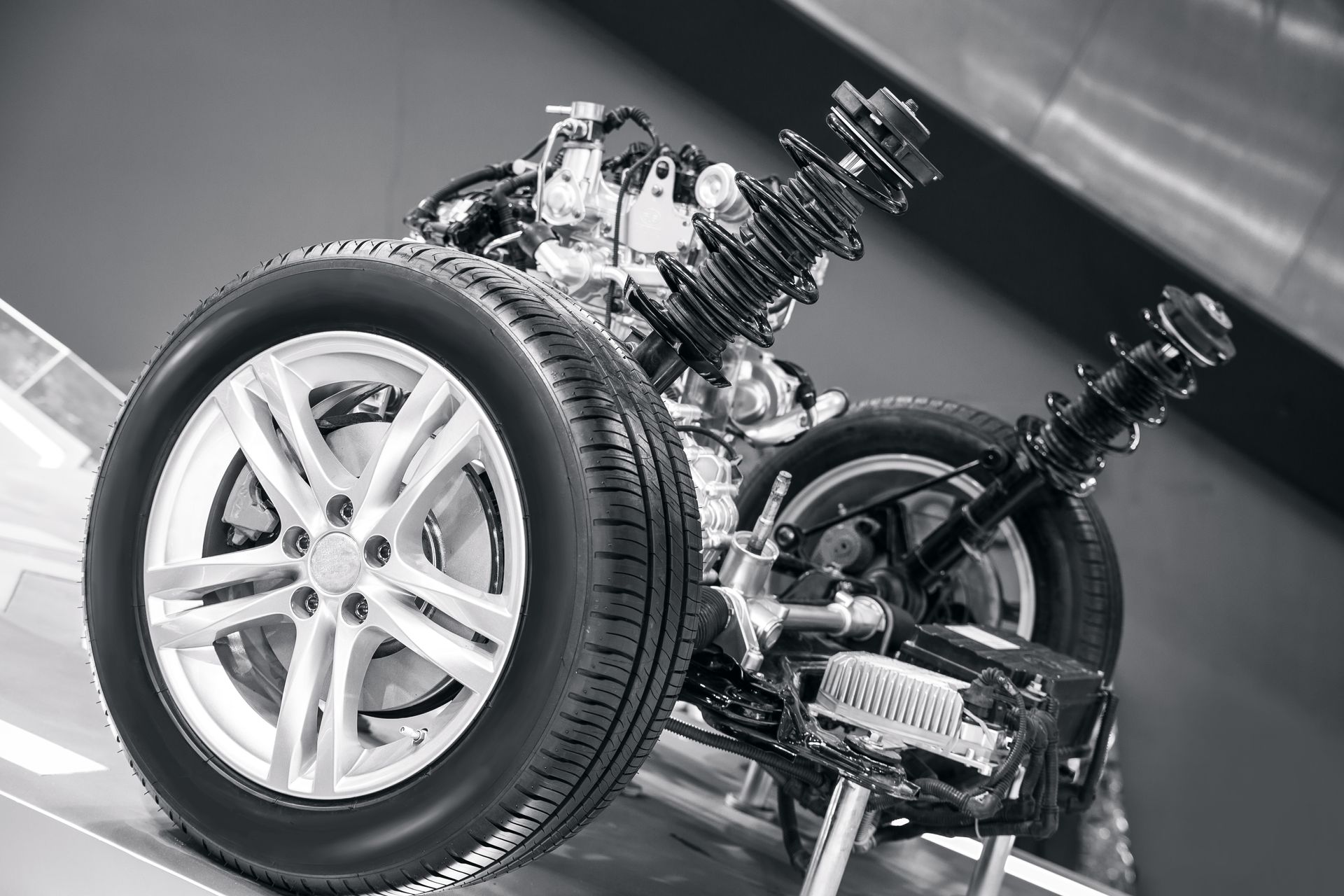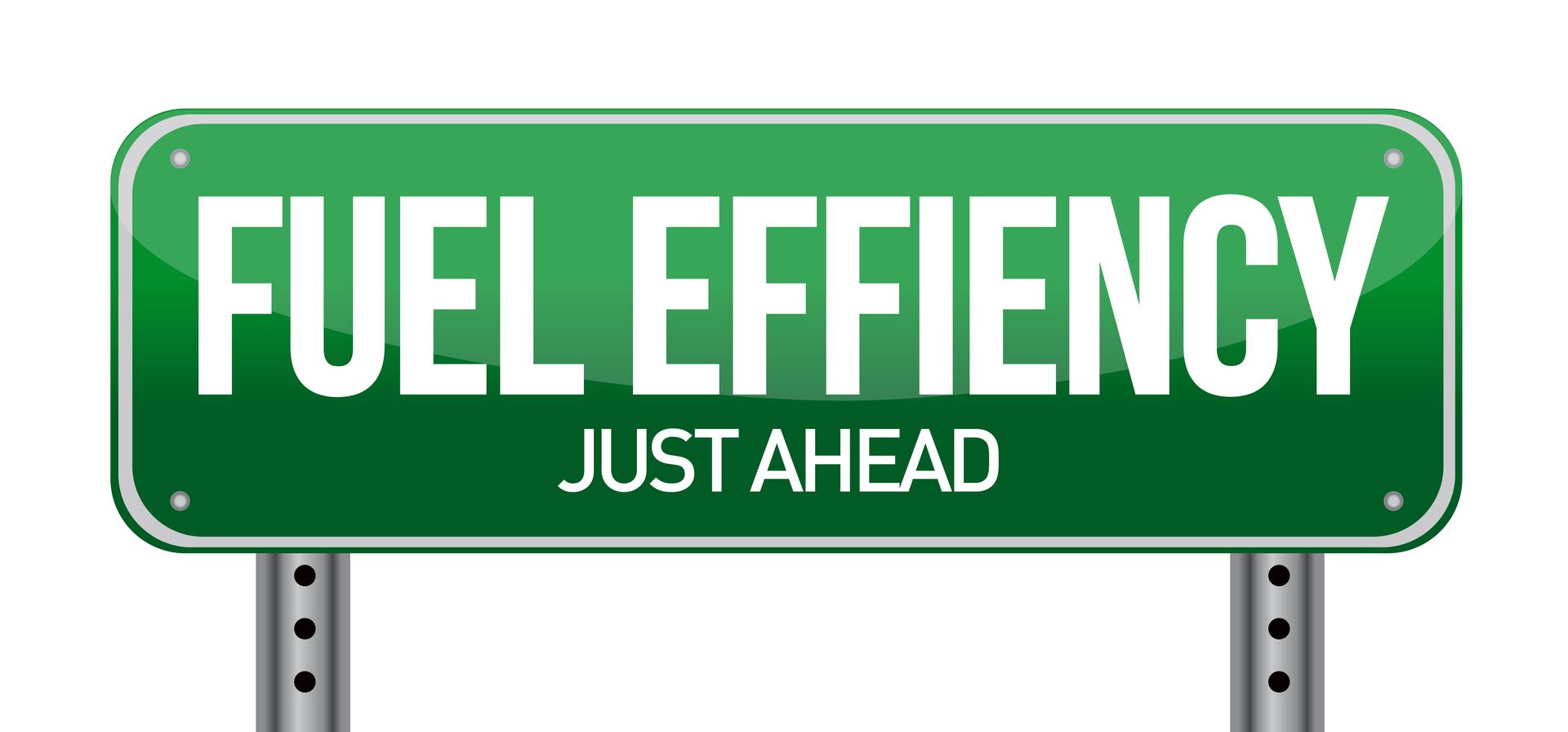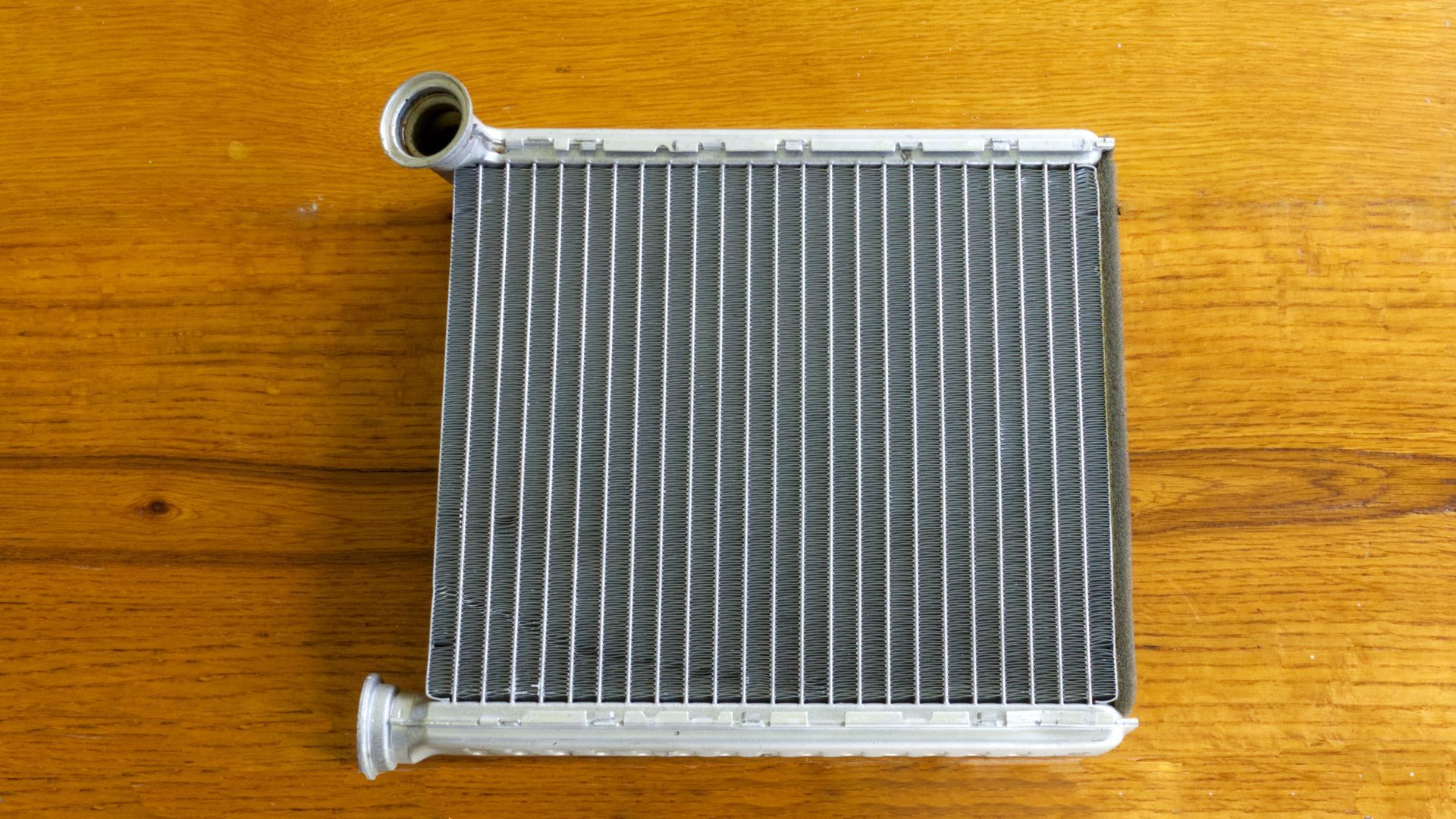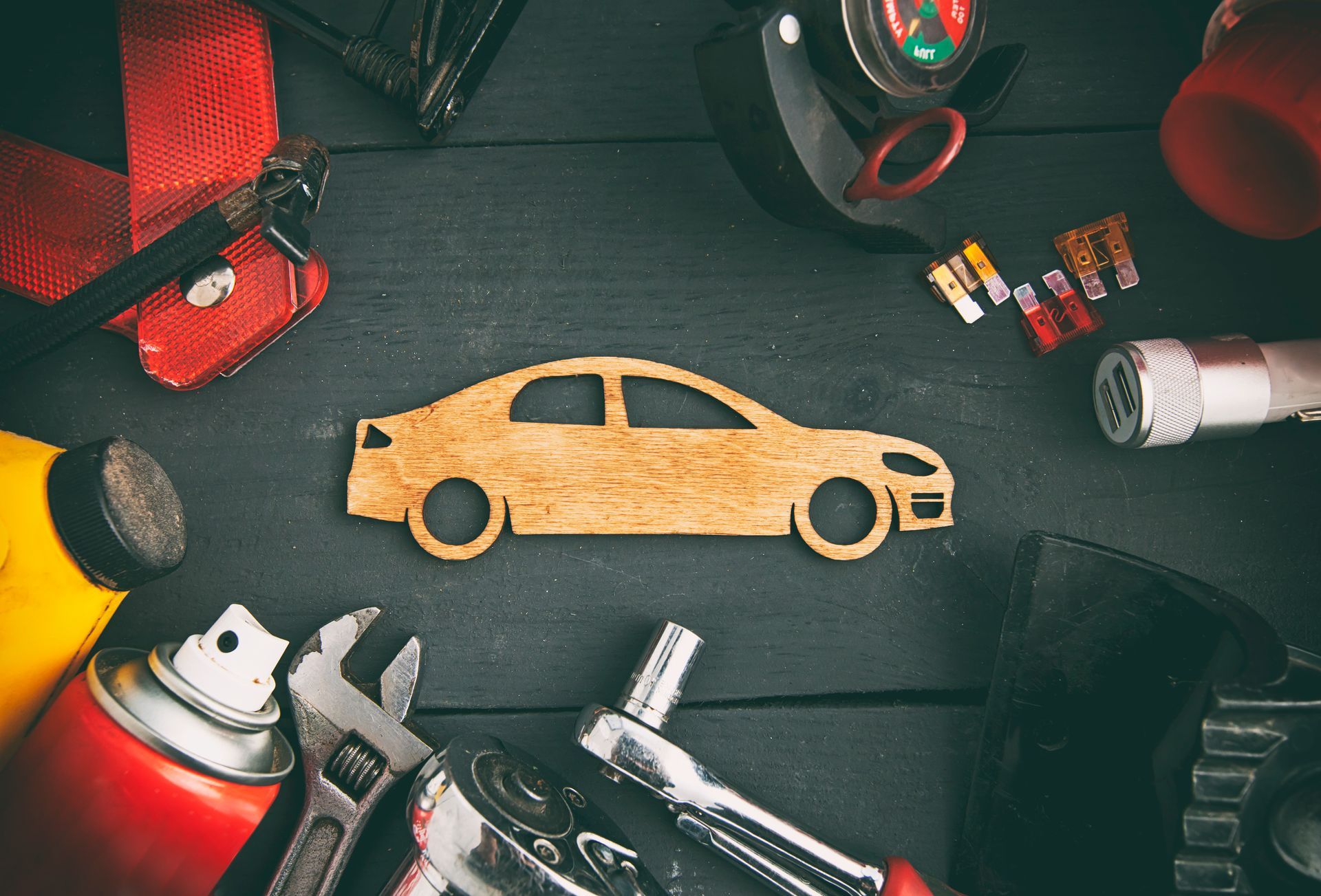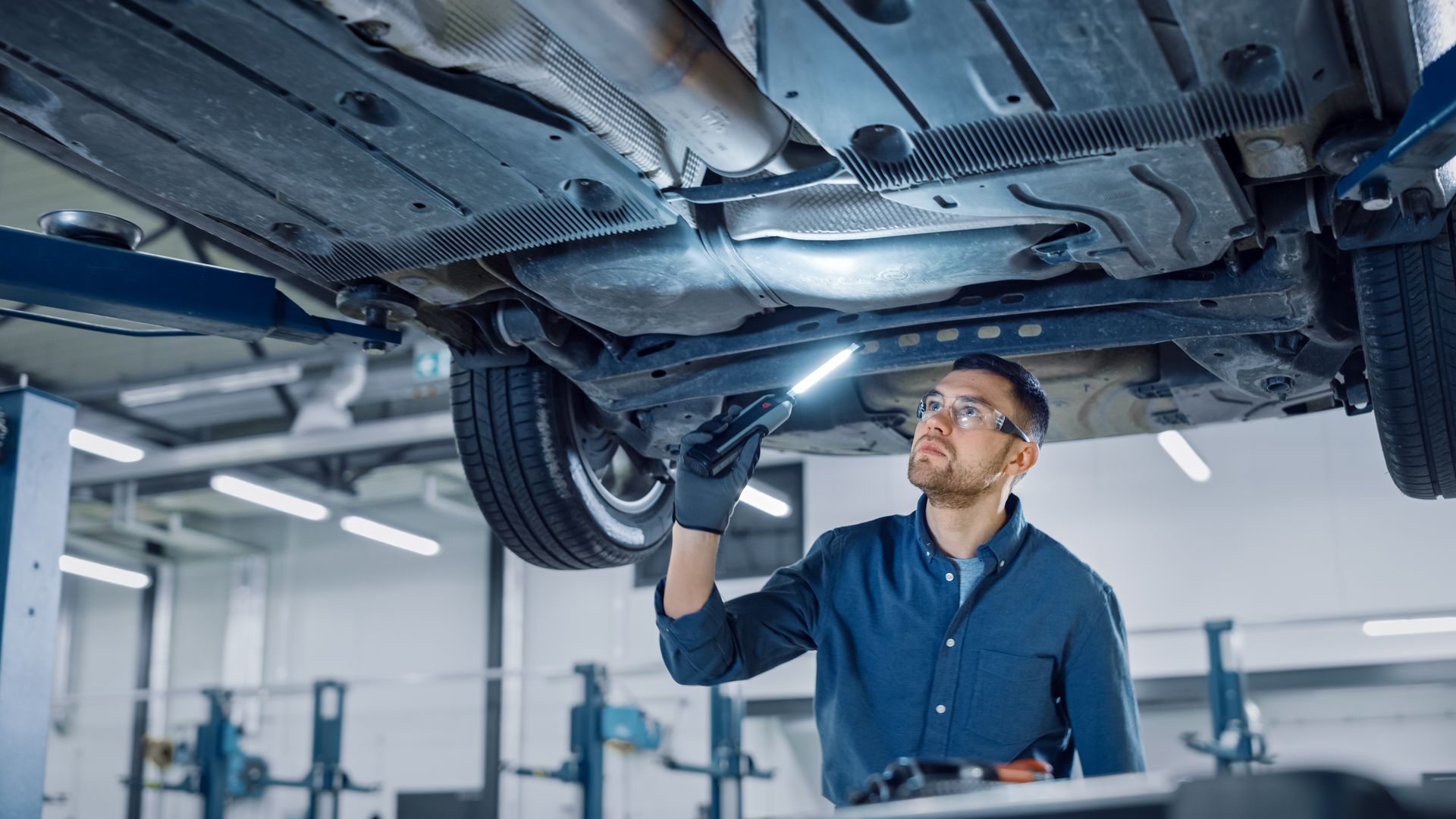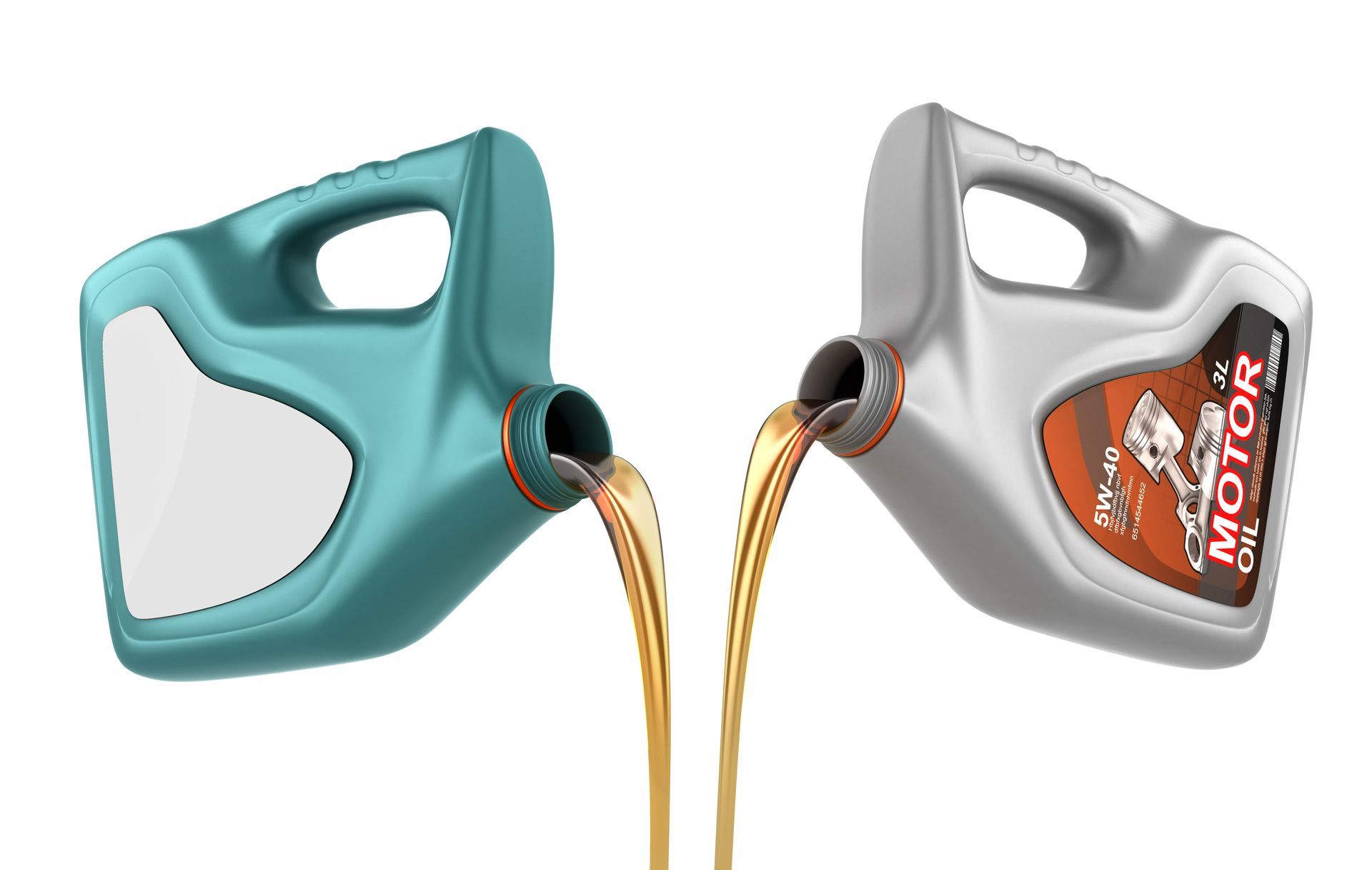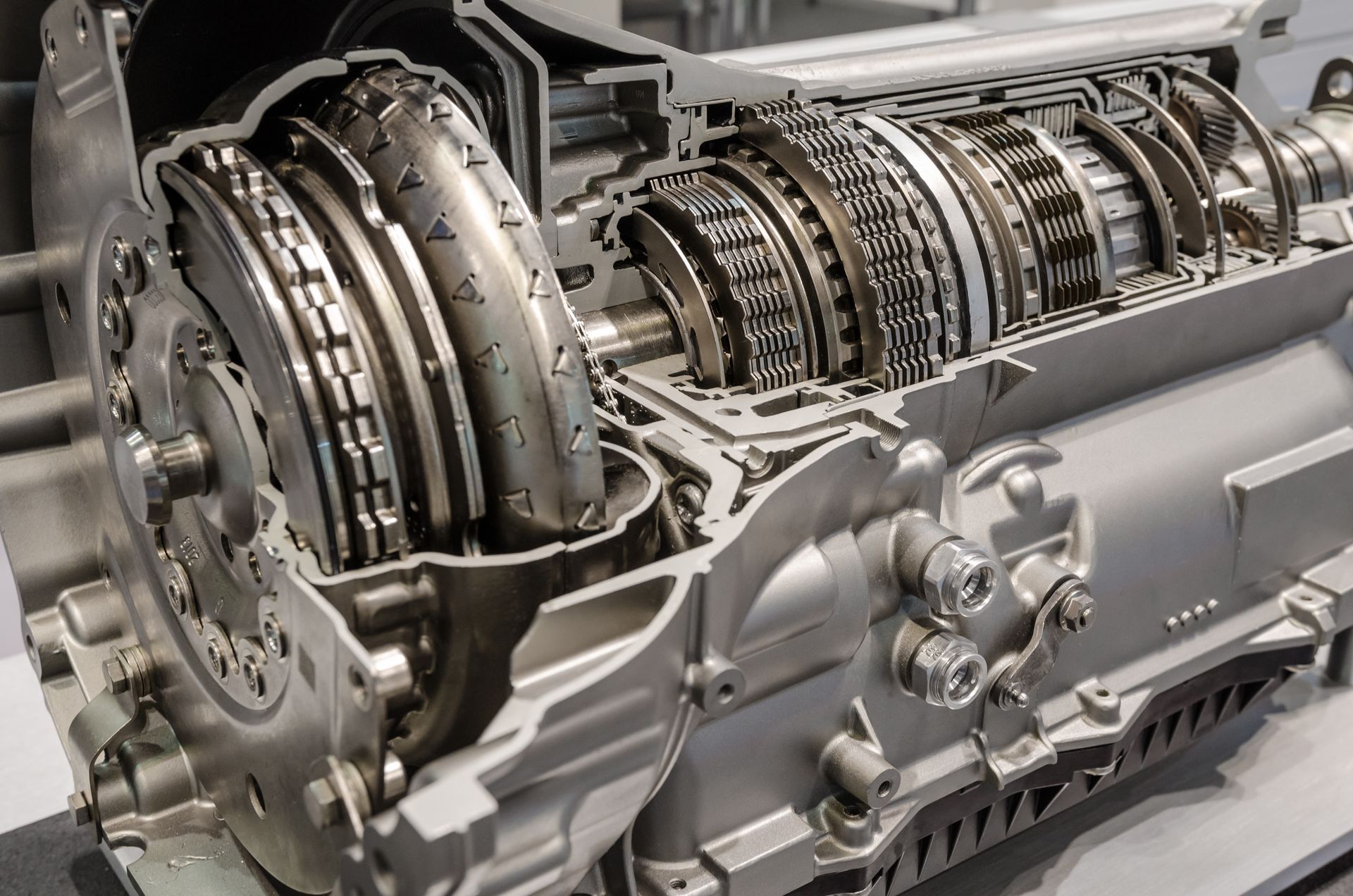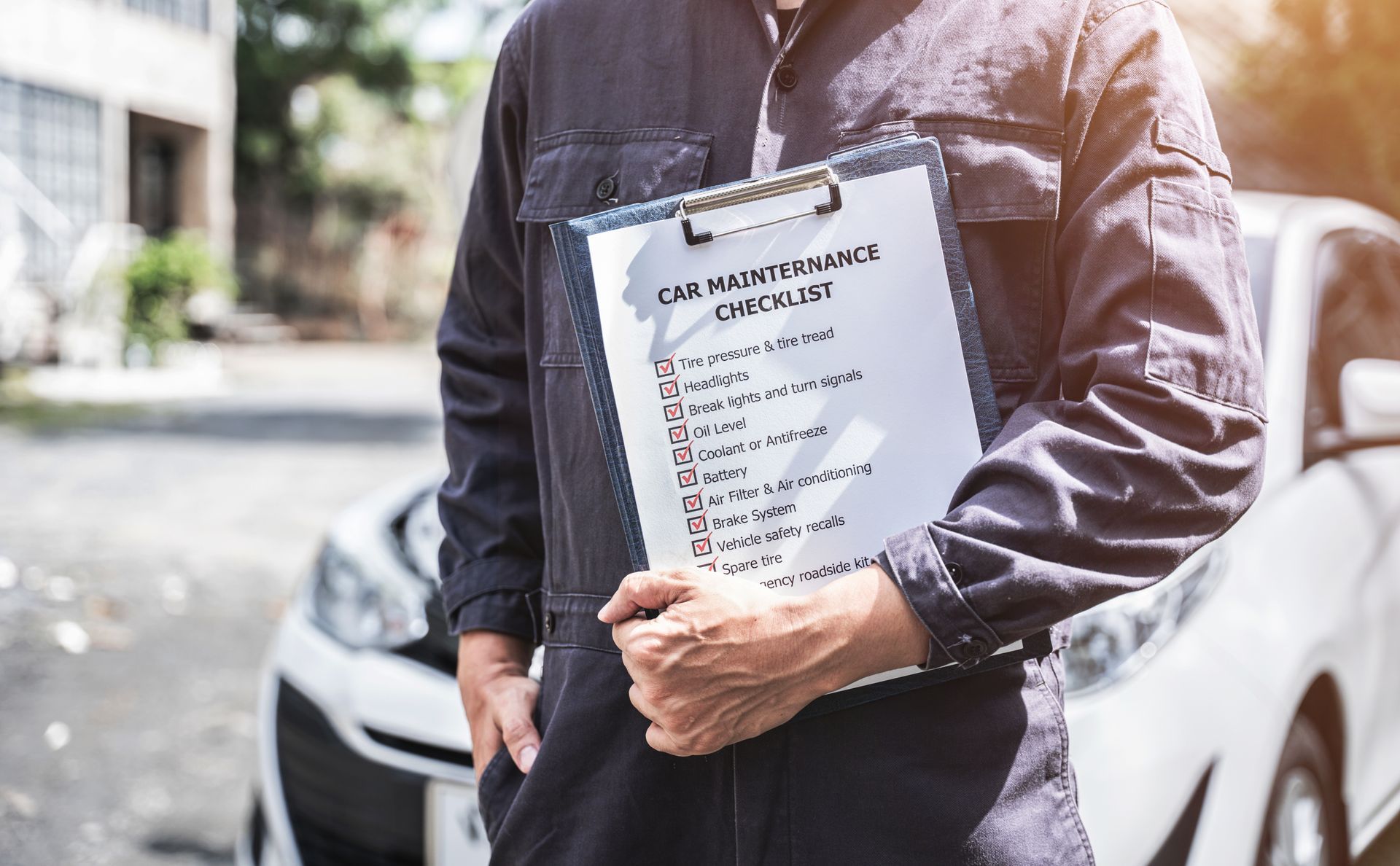Brake failures are one of the most terrifying and dangerous experiences a driver can face. The sudden loss of control can lead to catastrophic accidents, endangering the lives of everyone on the road. But how can you recognize the signs of potential brake failure before it happens? More importantly, how can you prevent it from occurring in the first place? This guide will help you understand the warning signs and maintenance tips to keep your brakes in top condition.
Recognizing the Signs of Brake Failure
Understanding the early warning signs of brake failure can save your life. Here are the most common indicators that your brakes need immediate attention:
Unusual Noises
One of the first signs of brake problems is strange noises. Squealing, grinding, or clicking sounds when you apply the brakes are red flags. These noises often indicate worn brake pads or damaged rotors. Don't ignore these sounds—get your brakes inspected as soon as possible.
Vibrations or Pulsations
If you feel vibrations or pulsations in the brake pedal, it could be a sign of warped rotors. This issue can reduce braking efficiency and increase stopping distances. Ensure you address this problem promptly to maintain safe braking performance.
Soft or Spongy Brake Pedal
A brake pedal that feels soft or spongy when pressed may indicate air in the brake lines or a problem with the brake fluid. Both issues can severely affect braking performance and require immediate attention from a professional mechanic.
Brake Warning Light
Modern vehicles come equipped with a brake warning light on the dashboard. If this light comes on, it could indicate a variety of issues, from low brake fluid to a malfunctioning brake system. Don't ignore this warning; have your vehicle checked by a professional.
Car Pulling to One Side
If your car pulls to one side when braking, it could be a sign of uneven brake pad wear, a stuck caliper, or an issue with the brake fluid. This not only affects braking performance but also vehicle control. Get your brakes checked to prevent further damage.
Common Causes of Brake Failure
Knowing the causes of brake failure can help you take preventive measures. Here are some common reasons brakes fail:
Worn Brake Pads
Brake pads wear down over time and need to be replaced regularly. Ignoring worn brake pads can lead to damage to the rotors and reduced braking efficiency.
Leaking Brake Fluid
Brake fluid is essential for the hydraulic pressure needed to operate the brakes. A leak in the brake lines can lead to a loss of fluid and brake pressure, resulting in brake failure.
Overheated Brakes
Brakes can overheat due to excessive use, especially during long descents or heavy braking. Overheated brakes lose their ability to generate friction, leading to brake fade and potential failure.
Faulty Master Cylinder
The master cylinder is responsible for converting the force from the brake pedal into hydraulic pressure. A faulty master cylinder can lead to a loss of brake pressure and brake failure.
Damaged Brake Lines
Brake lines can become damaged or corroded over time, leading to leaks and loss of brake pressure. Regular inspection and maintenance of brake lines are crucial for safe braking.
How to Prevent Brake Failures
Preventing brake failures requires regular maintenance and attention to your vehicle's braking system. Here are some key tips to keep your brakes in top condition:
Regular Brake Inspections
Have your brakes inspected by a professional mechanic at least once a year. Regular inspections can catch potential issues early and prevent brake failure.
Replace Brake Pads and Rotors
Keep an eye on the condition of your brake pads and rotors. Replace them as needed to ensure optimal braking performance. Don't wait until they are completely worn out.
Monitor Brake Fluid Levels
Check your brake fluid levels regularly and top them off as needed. If you notice a drop in brake fluid levels, have your brake system checked for leaks.
Avoid Overloading Your Vehicle
Overloading your vehicle can put extra strain on the braking system, leading to overheating and potential failure. Stick to the manufacturer's recommended load limits.
Use Engine Braking
When driving downhill, use engine braking to help slow down your vehicle. This reduces the strain on your brakes and helps prevent overheating.
Concerned about your brakes? Visit
B & B Automotive for a comprehensive brake check, and stay safe on your journeys.

